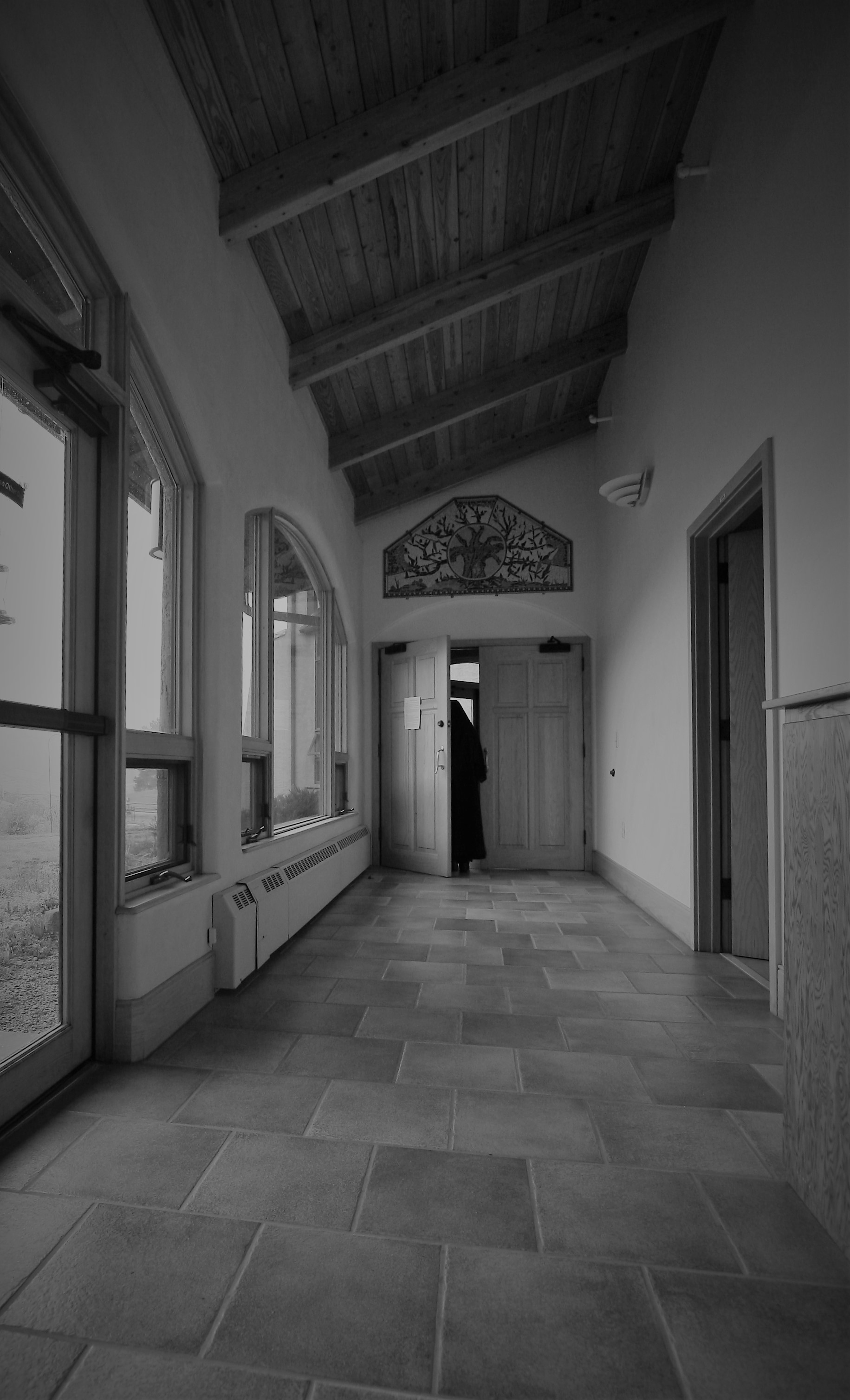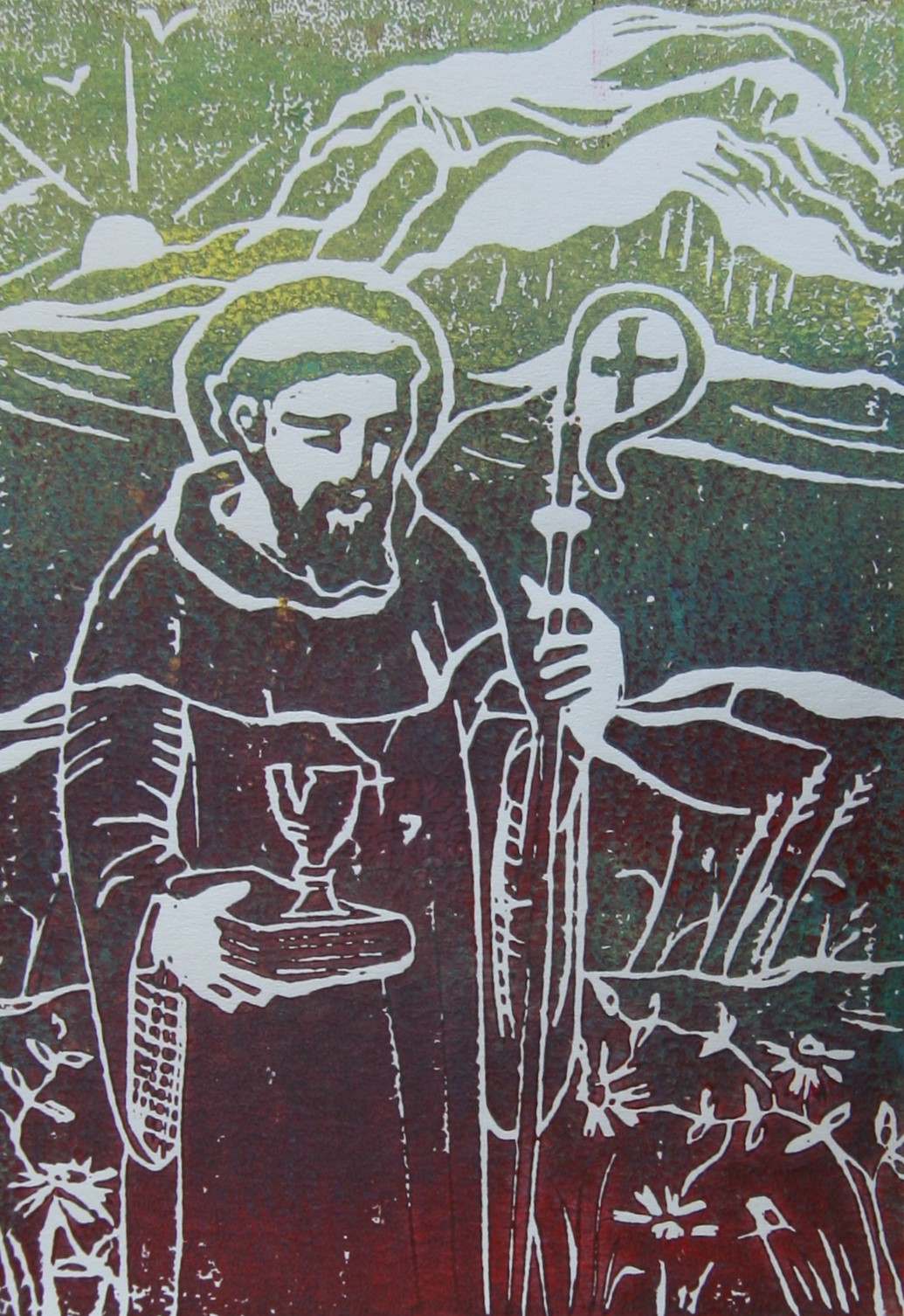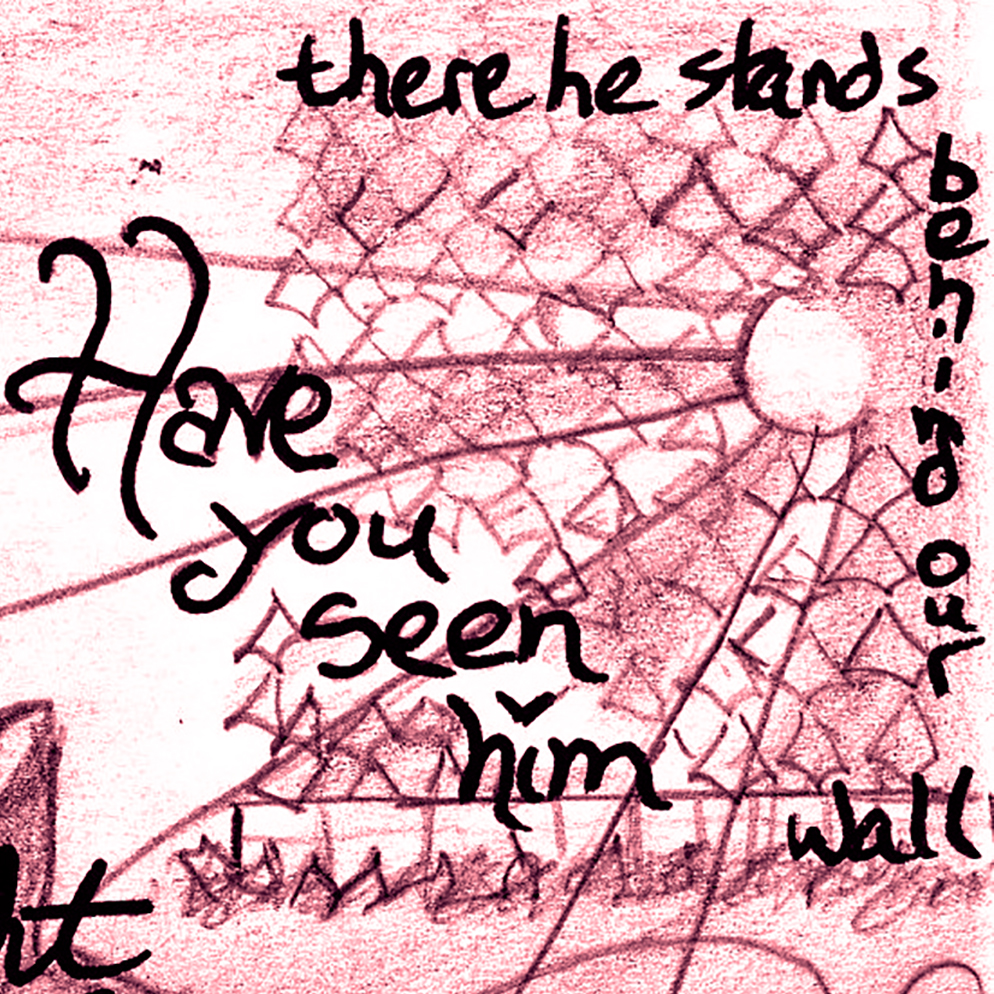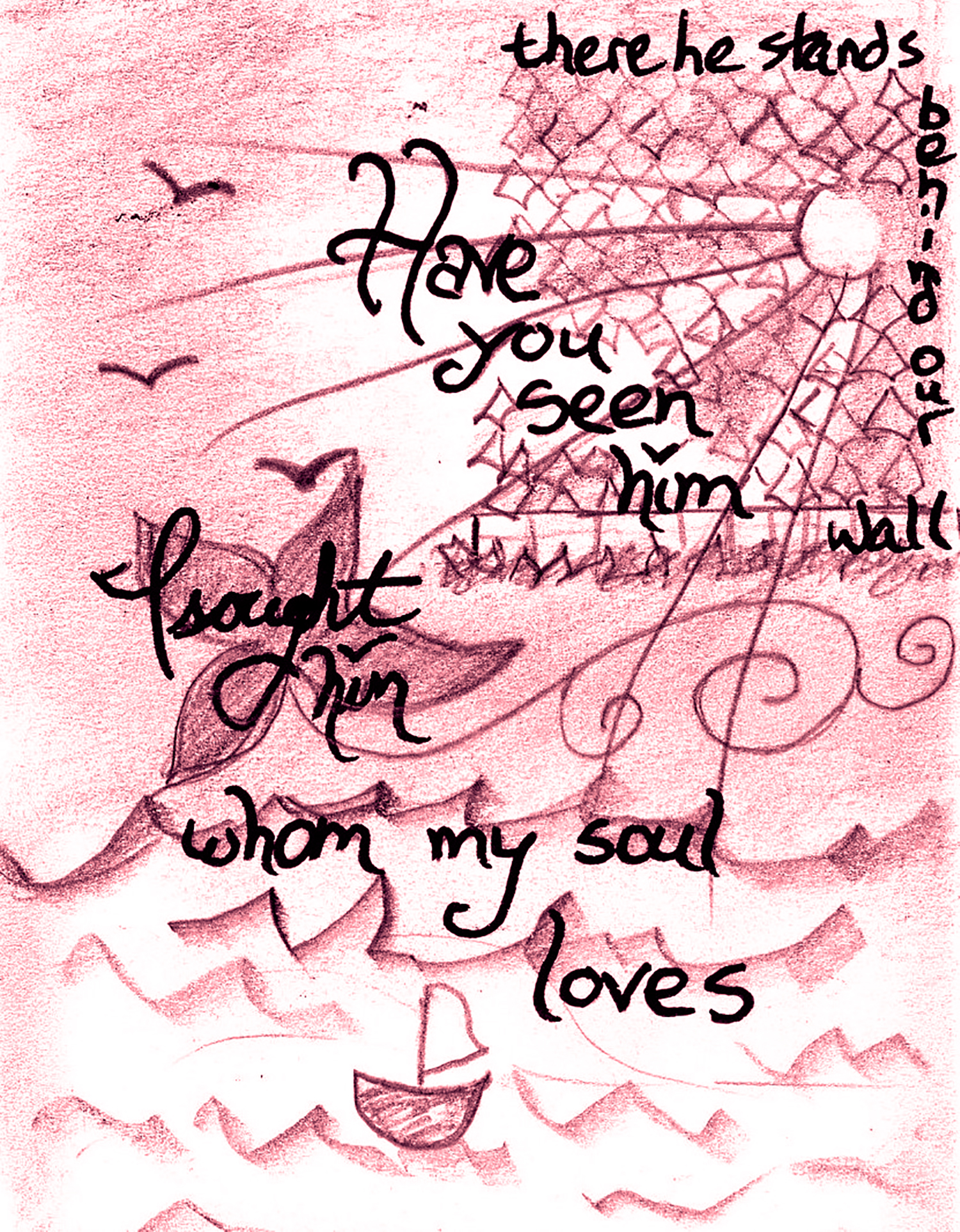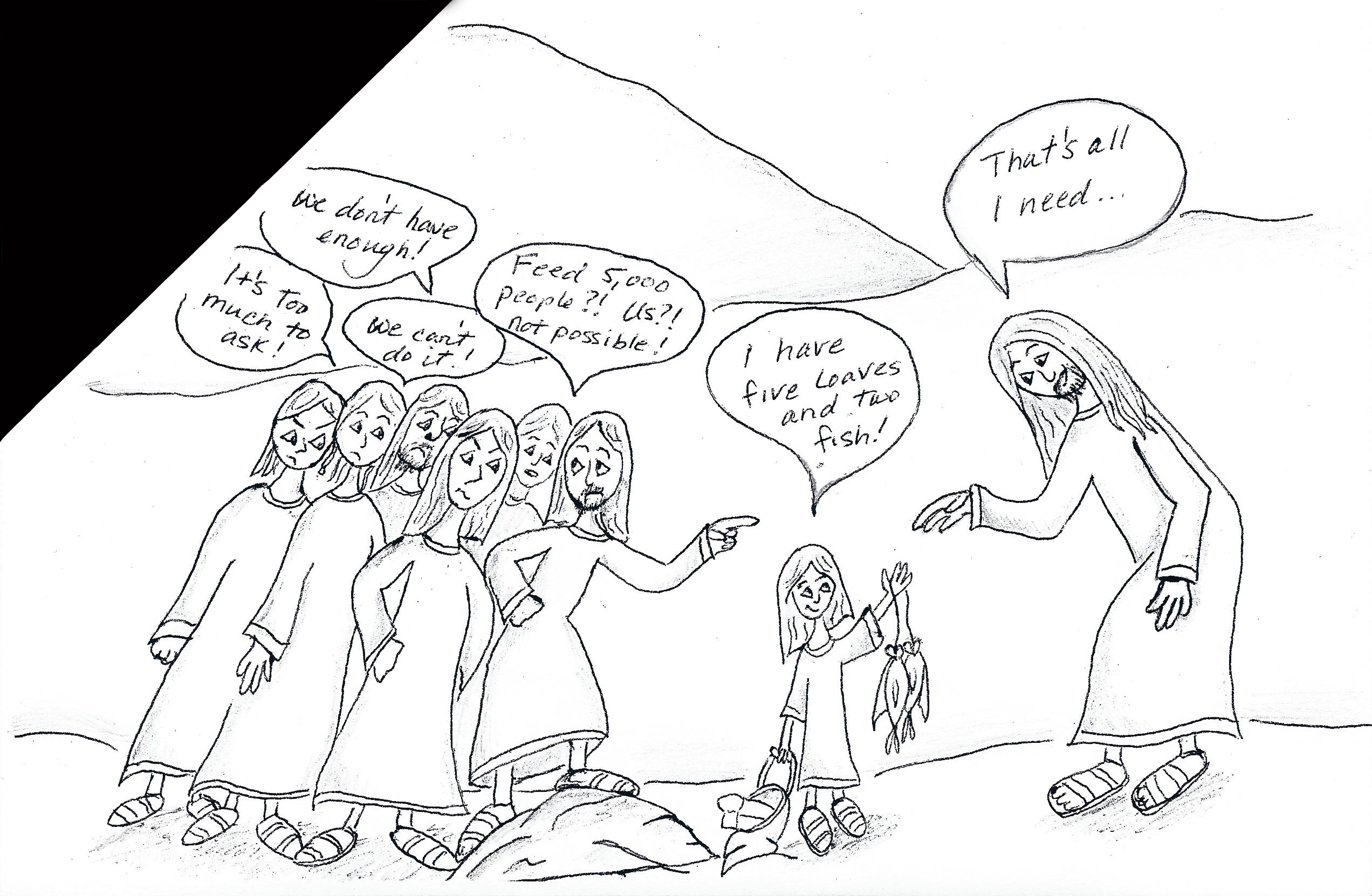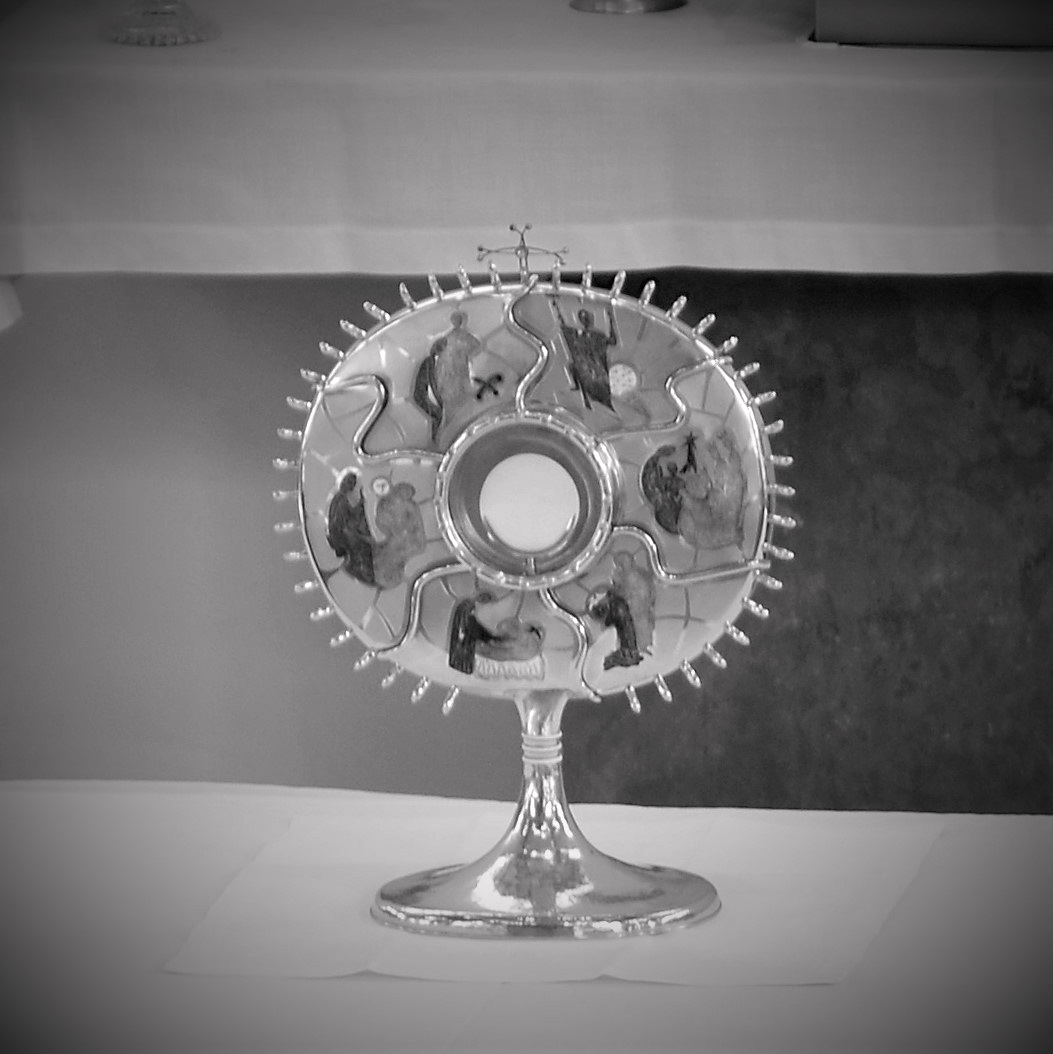This November, as the Church remembers in a special way all the departed, Mother Maria-Michael Newe, OSB, reflects on what it takes to inherit the heavenly kingdom

“Heaven is not a place where there is the mere vocal repetition of alleluias or the monotonous fingering of harps. Heaven is a place where we find the fullness of all the fine things we enjoy on this earth. Heaven is a place where we find, in their plenitude, those things which slake the thirst of hearts, satisfy the hunger of starving minds, and give rest to unrequited love. Heaven is the communion with perfect Life, perfect Truth, and perfect Love, God the Father, God the Son, and God the Holy Ghost, to whom be all honor and glory forever and ever. Amen.”
Archbishop Fulton Sheen
We have probably all experienced those “thin places” in life where God peeks through and seems to say, “I’m here!” We thank God for those moments, because they make us stop in our tracks and realize His presence. These “thin places” are little glimpses of heaven. I think that hell is more like a house of mirrors. Before Adam and Eve fell, there was something like a clear crystal between them and God, and they saw Him perfectly; but then after they sinned the crystal became a mirror, and they became totally self-centered. And that’s why we go to Confession frequently—to open up that mirror again. They say that heaven and hell have the same banquet, but the spoons are really long, so in hell everyone is trying to feed himself and misses his mouth, while those in heaven get to enjoy the feast because they are feeding each other.
When we die and stand before God to be judged, it won’t be scary if we already know ourselves and know Him. Do you remember those teachers in school who really tried to help you out before the exams by telling you what to watch out for? Didn’t you love those teachers? Well Jesus in the Gospels does the same thing for us (cf. Matthew 25:31-40). His teaching on our judgment is also outlined in the Catechism: [God will say on that day,] “I placed my poor little ones on earth for you. I, as their head, was seated in heaven at the right hand of my Father—but on earth my members were suffering, my members on earth were in need. If you have anything to my members, what you gave would reach their Head” (Catechism of the Catholic Church 1039). This is a beautiful section of the Catechism because it tells us each what we need to do. We are appointed specifically to love the little ones in our midst. The little ones are each one of us, and we have to pay attention to what we place before and in each other, because ultimately it goes to God. So whatever we do to one another, we’ve done to Christ. Choose to do today what you want to do for all eternity. If you spend your life praising God, blessing others, and loving them, that is how you will spend all eternity.
Don’t think the Saints aren’t watching and fighting for you. It’s never too late to turn around; all of the Saints had to. Each Saint has been won by God, and not one of them didn’t have to struggle in life. I bet heaven goes crazy cheering over the ones who hell thought they had. Let God be victorious in you.







